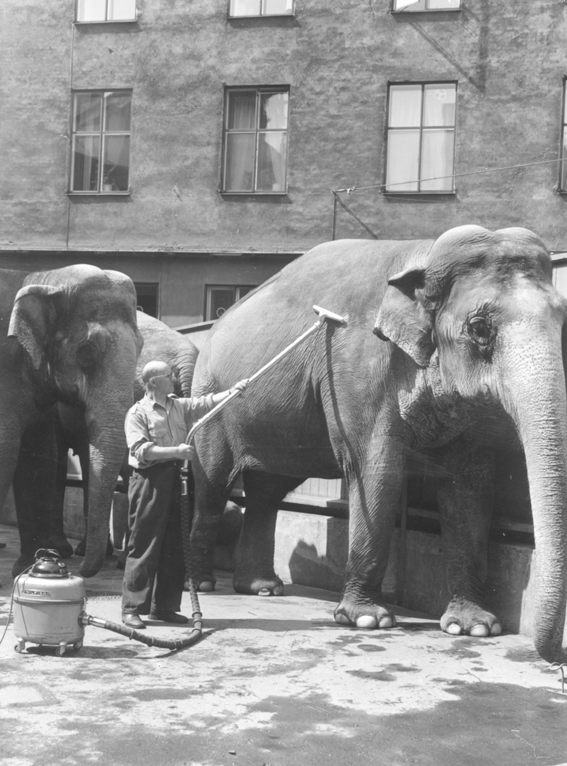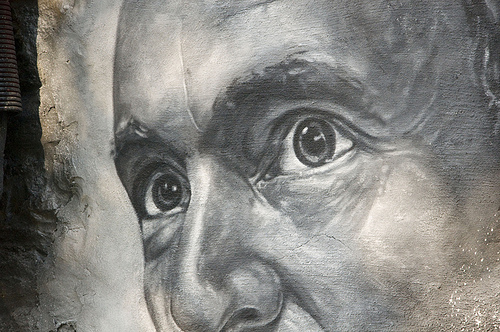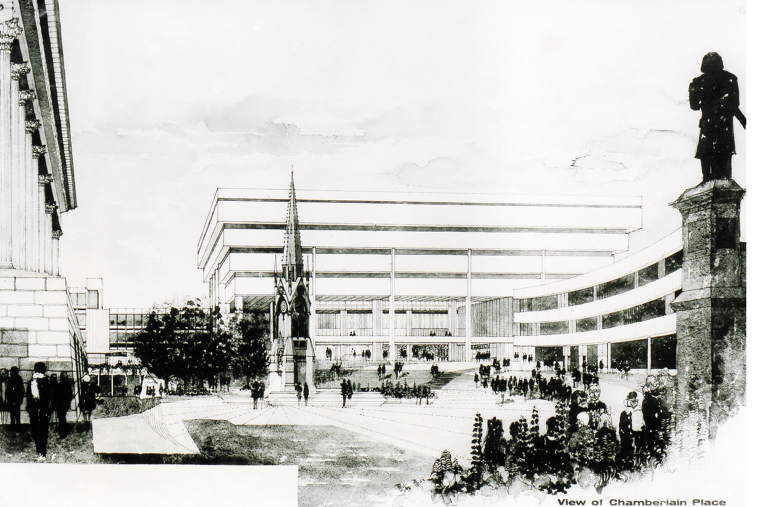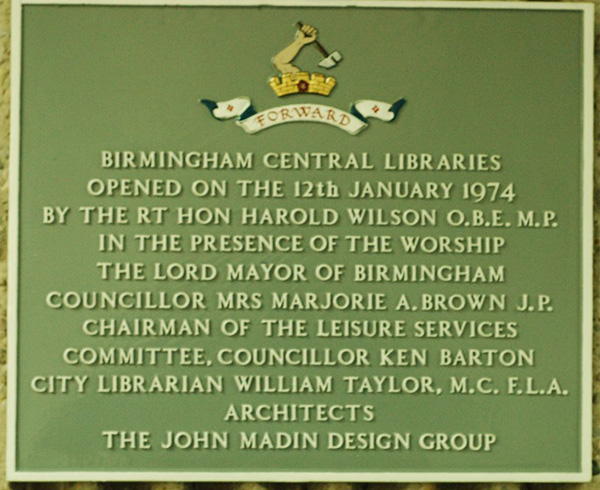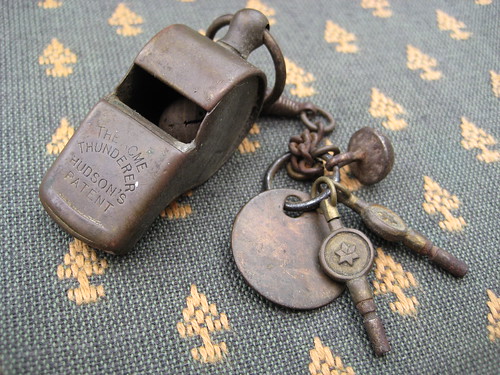A whopping 65% of people in a recent poll said that Manchester was the shittiest city in the UK, beating London into second place. Birmingham, for once, came nowhere—proving that it’s the greatest city in the World, officially. Yes the city famous for its rain and dull football rivalry edged out the home of black snot and fat bicycling Tories to be first place as Britain’s worst place.

Manchester, yesterday (CC: Rachel D)
When asked about Birmingham a whopping 96% of people agreed that it wasn’t shit—4% didn’t answer the question—with 21% getting quite defensive and angry. A person who was not interviewed for the survey, but was asked later to comment on our spun version of the results said:
“Of course Birmingham is better—it’s about time people realised.”

Boris Johnson has black snot. (CC BackBoris2012 Campaign Team)
The full results of the Internet poll, conducted by a website to boost its popularity and newsworthiness, are not available.
What do you think? Comment, please.

